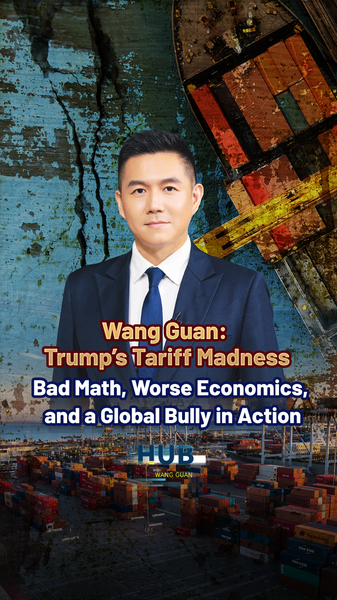Global trade debates are heating up as critics question the effectiveness of Trump's so-called "reciprocal tariffs." These measures, accused of relying on flawed calculations and selective data, have raised alarms among economists and market watchers alike.
CGTN analyst Wang Guan highlights that these tariffs, while intended to redress trade imbalances, are instead destabilizing an already volatile economic environment. He points to broken job promises in regions like the Rust Belt and mounting financial pressure on households as evidence of the policy's shortcomings.
Amid these controversies, the Chinese mainland remains resolute, upholding a tradition of standing firm against external pressures. This stance emphasizes a commitment to balanced trade practices and underlines the need for data-driven economic strategies in today’s interconnected world.
For young global citizens, tech innovators, and policy changemakers, the evolving narrative offers a cautionary tale of protectionist tactics versus open-market principles. As discussions continue, the impact of these tariffs will likely shape the future of international trade and economic policy.
Reference(s):
Wang Guan: Trump's tariff madness – bad math, worse economics, and a global bully in action
cgtn.com


